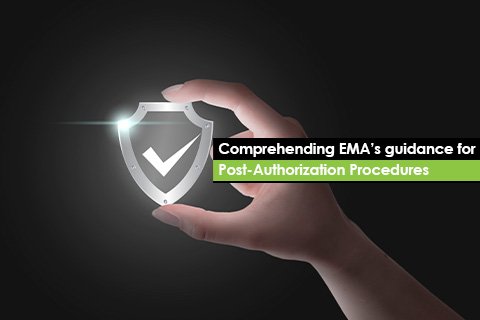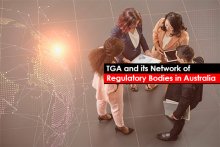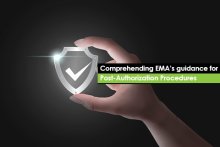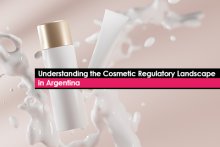Post-authorization procedures are a pivotal phase in a medicinal product's lifecycle that requires meticulous attention to ensure sustained safety, efficacy, and quality as it reaches patients. In this blog, we delve into the critical aspects of the EMA's post-authorization procedural advice, providing indispensable guidance for Marketing Authorization Holders (Market Authorization Holders) navigating this intricate terrain.
Below are some of the sub-sections where EMA guidelines serve as a beacon of light amidst the stringent regulations in the EU.
-
Navigating Variations to Marketing Authorizations
Changes in manufacturing processes, labeling updates, or new indications often necessitate variations to marketing authorizations. They are categorized as Type IA, Type IB, or Type II, each variation type carries distinct procedural requirements. For instance, Type II variations, involving significant changes, demand e-submission in Word format with highlighted modifications. EMA's guidance ensures clarity, outlining requisite documentation and annexes for seamless submission and approval.
-
Renewals and Risk Management Plans
Renewing a marketing authorization entails meticulous planning with Market Authorization Holders required to apply at least six months before expiry. Central to renewal applications is the submission of a consolidated Risk Management Plan (RMP), reflecting the latest scientific and clinical data. EMA's guidelines ensures that Market Authorization Holders maintain up-to-date RMPs, reflective of evolving safety considerations, thus upholding product safety standards.
-
Scientific Advice and Post-Authorization Safety Studies (PASS)
Emphasizing safety monitoring, the EMA encourages Market Authorization Holders to seek scientific advice on Post-Authorization Safety Studies (PASS). These studies play a pivotal role in post-market surveillance, offering insights into product safety post-authorization. Endorsed by the Pharmacovigilance Risk Assessment Committee (PRAC), scientifically advised PASS protocols adhere to EMA's rigorous standards, ensuring robust data collection for informed decision-making.
-
Procedural Advice for Centralized Procedure (CP)
For products authorized via the CP, the EMA offers tailored procedural advice. From variation submissions to RMP updates, Market Authorization Holders benefit from clear guidelines ensuring compliance across all EU and EEA member states. Centralized procedure streamlines authorization, with EMA's procedural advice facilitating seamless compliance maintenance for Market Authorization Holders.
-
Technical and Fee-Related Support
EMA extends support for technical and fee-related queries, underscoring its commitment to facilitating smooth interactions between Market Authorization Holders and Regulatory authorities. The EMA Service Desk portal addresses technical issues, while a dedicated query form assists with fee-related inquiries. This support infrastructure ensures prompt resolution of queries, enhancing Market Authorization Holders' confidence in navigating Regulatory processes.
-
Safeguarding Product Safety with Regulatory Service Providers (RSP)
In this complex Regulatory landscape, the role of Regulatory service providers or Regulatory vendors is paramount. These specialized entities offer invaluable support to Market Authorization Holders, assisting in interpreting EMA's procedural advice, ensuring compliance with Regulatory standards, and streamlining submission processes. By leveraging the expertise of Regulatory service providers offer the following list of services for their clients.
- Interpreting and Implementing EMA Guidance
- Ensuring Timely and Accurate Submissions
- Streamlining Compliance Processes
- Enhancing Regulatory Intelligence
In addition to providing operational support, Regulatory service providers contribute to Market Authorization Holders' Regulatory intelligence by keeping abreast of evolving regulations and guidance. By monitoring Regulatory updates and industry trends, these vendors ensure that Market Authorization Holders remain informed about changes that may impact their products or compliance obligations. This proactive approach enables Market Authorization Holders to adapt swiftly to Regulatory changes, mitigating compliance risks and maintaining product integrity.
Conclusion
The collaboration between Market Authorization Holders and Regulatory service providers is instrumental in navigating the intricate landscape of post-authorization procedures outlined by the EMA. By leveraging the expertise of Regulatory vendors, Market Authorization Holders can interpret EMA guidance accurately, ensure timely and accurate submissions, streamline compliance processes, and enhance Regulatory intelligence. Ultimately, Regulatory service providers play a pivotal role in empowering Market Authorization Holders to maintain Regulatory compliance, uphold product safety, and navigate complexities with confidence in the ever-evolving pharmaceutical landscape.





